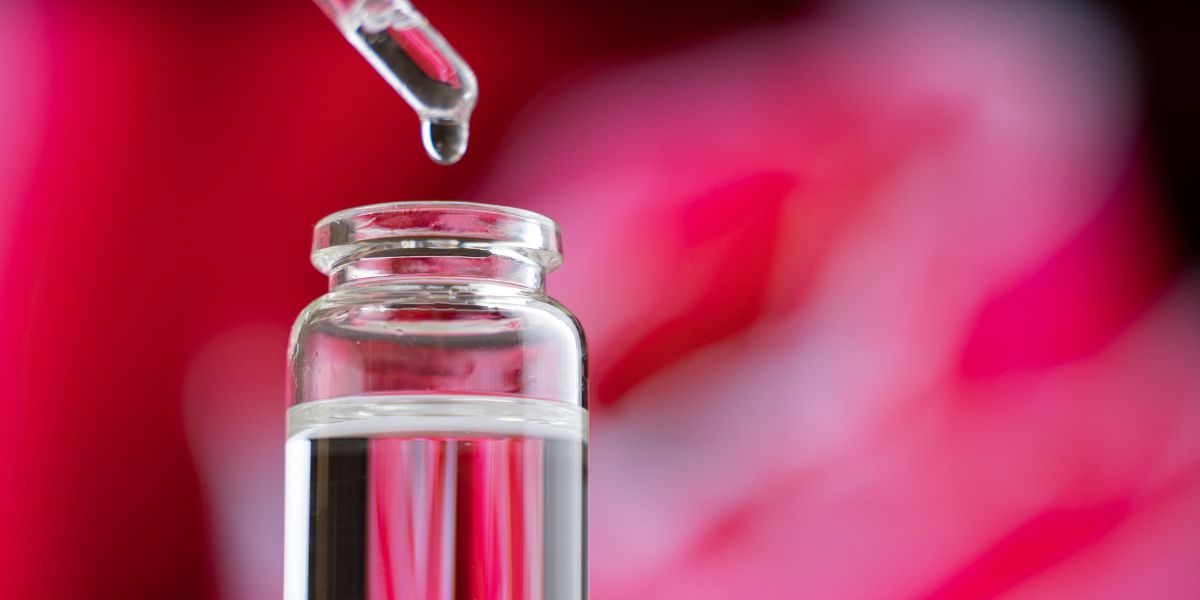What Is the Risk of GHB Overdose?

Many people take small amounts of GHB, gamma hydroxybutyrate, to help with anxiety or to feel relaxed. GHB is a drug that can produce similar effects to alcohol but without the calories. However, GHB is infamous for its association with sexual attacks, unintentional overdoses, and deaths.
GHB misuse is rising among people. Some are aware of the risks, while others are not. This is concerning because GHB has dangerous side effects and serious health risks. As per the Substance Abuse and Mental Health Services Administration (SAMHSA), more than 2,000 instances of GHB overdose are handled by emergency rooms in the United States annually.
Despite the seemingly low official records of GHB overdoses and substance misuse, they are probably considerably underreported. Many people are unaware that they have overdosed on a drug they did not know they consumed or are too ashamed to seek help.
Many people who have been sexually assaulted with GHB feel guilty and embarrassed. They fear being blamed for not defending themselves better. Some victims experience significant memory loss and remain unaware that they consumed potentially lethal doses of GHB. Sadly, some people turn to drugs instead of getting the help they need for mental health issues after being victims of crime.
Whether someone intentionally uses GHB and overdoses or unknowingly ingests GHB and overdoses, the consequences can be life-threatening. Even when they pull through and endure GHB withdrawal from the physical dependence, mental health issues may arise. Knowing the simplicity of overdosing on GHB and identifying the symptoms could potentially be life-saving.
What Is GHB?
Gamma hydroxybutyrate (GHB), often called the date rape drug, is a central nervous system depressant. It is hard to detect and can cause complete memory loss. Even though the human body inherently generates small amounts of GHB for signal transmission from the brain to the central nervous system, artificial GHB is hazardous for human intake at any level.
At first, scientists thought GHB could serve as a potent anesthetic because of its sleep-inducing properties and its capacity to cause amnesia. Nonetheless, clinical studies indicate that the unpredictable nature and adverse effects of GHB render it unsuitable for medicinal purposes. In the 1990s, GHB earned a notorious reputation as a prevalent party drug, largely because it was often used to commit sexual assault on unsuspecting people who couldn’t detect its addition to their drinks.
GHB is categorized as a Schedule I controlled substance in the United States, indicating it has no sanctioned medical applications and a significant risk of misuse. Most GHB in the nation is manufactured in domestic laboratories utilizing cleaning materials and either sodium hydroxide or potassium hydroxide.
The predominant variant of GHB is a transparent, flavorless, and scentless liquid. It is also available as a fast-dissolving white powder that easily mixes with liquids. A few people have noted a mild, soapy, or bitter flavor from GHB, but it’s not sufficiently intense to be instantly identifiable.
GHB Street Names
The street names for GHB include:
- Soup
- Vitamin G
- G
- Liquid joy
- Forget pill
- Serious bodily damage
- Liquid E
- Easy score
- Lather
GHB alone causes powerful effects, but studies have shown that most users, both willing and unwilling, frequently mix GHB with alcohol and other recreational drugs. Combining GHB with other substances, particularly depressants, results in amplified and hazardous side effects, substantially escalating the likelihood of unintentional overdoses and fatalities.

GHB Effects
The effects of GHB begin within 15 to 20 minutes of ingestion and are even faster when combined with alcohol or other drugs. Illegal GHB can vary in strength and purity, affecting how strong and long the high will be.
The intended outcomes of GHB included:
- Changed sense of time and space
- Complete body calmness
- Decreased restraints
- Heightened response to tactile sensations and stimuli
- Blissfulness
- Diminished worry
- Enhanced sexual desire
Side Effects of GHB
Irrespective of the anticipated impacts of GHB, numerous unwanted side effects can occur, particularly when combined with other substances. People who use GHB will develop a tolerance and experience less pronounced effects compared to novice users.
GHB can cause the following adverse reactions:
- Feeling lightheaded
- Intense sleepiness
- Impaired speech
- Lack of balance
- Feeling sick
- Throwing up
- Bewilderment
- Loss of direction
- Struggling to stand or maintain balance
- Shallow breathing
- Slowed heartbeat
- Forgetting things
- Falling into a light sleep
- Seeing things that aren’t there
- Incapacity to mentally or physically oppose others
Because GHB is mainly used in party or club settings, people under its influence often appear highly intoxicated. They are frequently ignored as victims. This makes them vulnerable to physical and sexual abuse. Such abuse can cause serious harm.
Immediately dial 911 or head to an emergency room if any adverse effects are life-threatening. Even if a person hasn’t consumed GHB, they might be suffering from alcohol toxicity or a different drug interaction. It’s always important to be cautious if you’re uncertain about someone’s well-being.
Overdose Symptoms of GHB
The strength and purity of GHB can vary greatly. A small change in dose can lead to harmful effects, overdose, coma, or even death. GHB can start working in under an hour, and excessive amounts can rapidly lead to fatal overdoses.
Indications of an overdose on GHB are:
- Throwing up
- Absence of a gag reflex
- Salivating excessively
- Unresponsive or flaccid limbs
- Trouble speaking or inability to do so
- Eyes rolling upwards
- Lack of reaction to loud sounds, physical contact, or discomfort
- Reduced breathing rate
- Cold or moist skin
- Perspiration
- Sagging or flaccid neck
- Incontinence
- Convulsions
- Blue-tinged lips and fingertips
Overdosing on GHB also increases the risk of choking on vomit or suffering injuries from losing consciousness and falling.
Do not presume that a person will recover from an apparent overdose by sleeping or simply waiting it out. Immediately dial 911 or rush to an emergency room if you observe symptoms of a GHB overdose.

GHB Addiction Treatment at Northridge Addiction Treatment Center
If you or a loved one is struggling with GHB addiction or substance abuse involving multiple drugs or alcohol, genuine and compassionate help is available.
At Northridge Addiction Treatment Center (NATC), our sole goal is your recovery. We provide a full recovery plan for our residents, including medical support available 24/7. We also offer in-house medical detox to keep you safe and calm during the uncomfortable symptoms of withdrawal.
We look at what causes addiction. We also discuss the behaviors that led to your substance use.
NATC uses an evidence-based approach to care and treatment. We want to help you feel more confident and capable in life. This can be achieved by using healthy habits and new ideas. These tools will assist you in overcoming challenges that may come your way.
Contact us today to embark on your journey to recovery. Our treatment specialists are ready to discuss your addiction treatment options and offer the assistance you need.
Find Meaningful Recovery
Our caring and compassionate specialists are eager to help you comfortably navigate this journey to recovery. Our individualized treatment plan, programs, and therapies may be a perfect match for you or your loved one. Let us assist you in living the happy life you deserve. It starts with a phone call.




